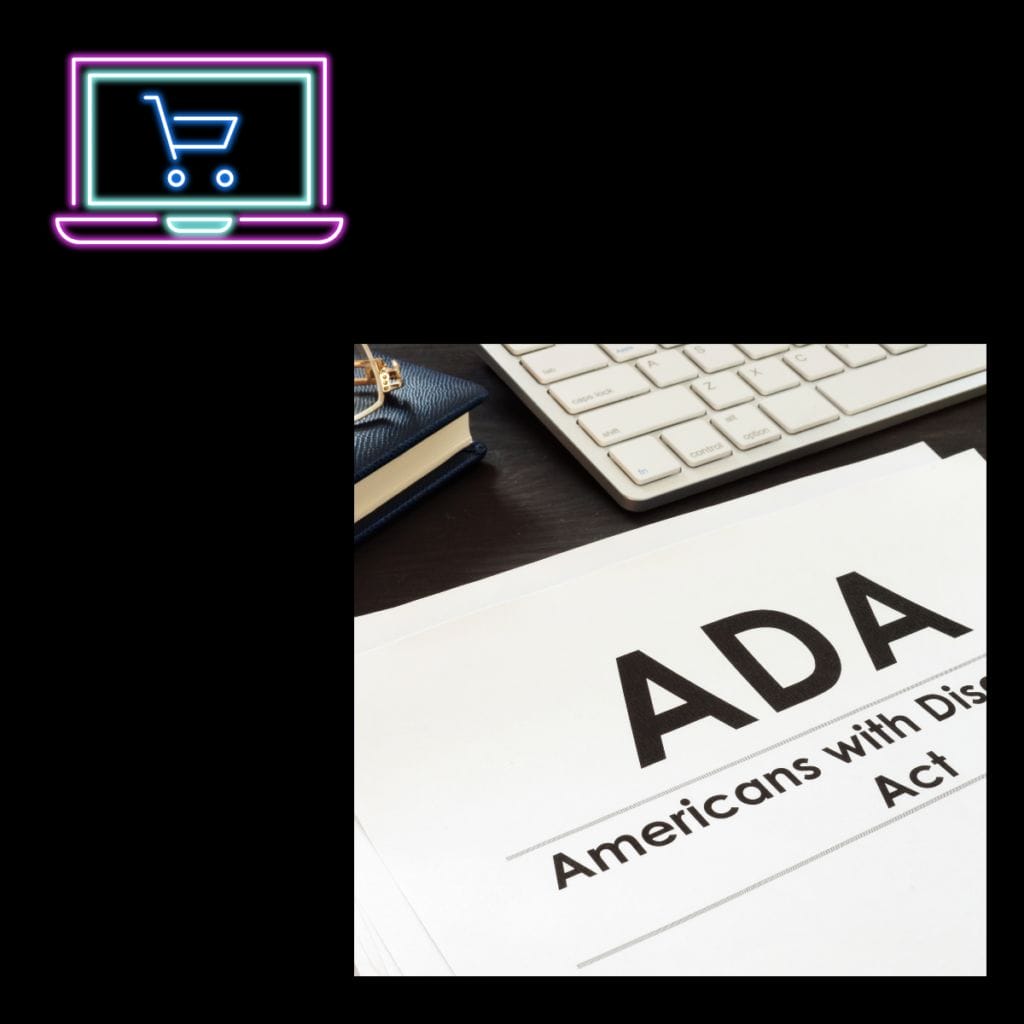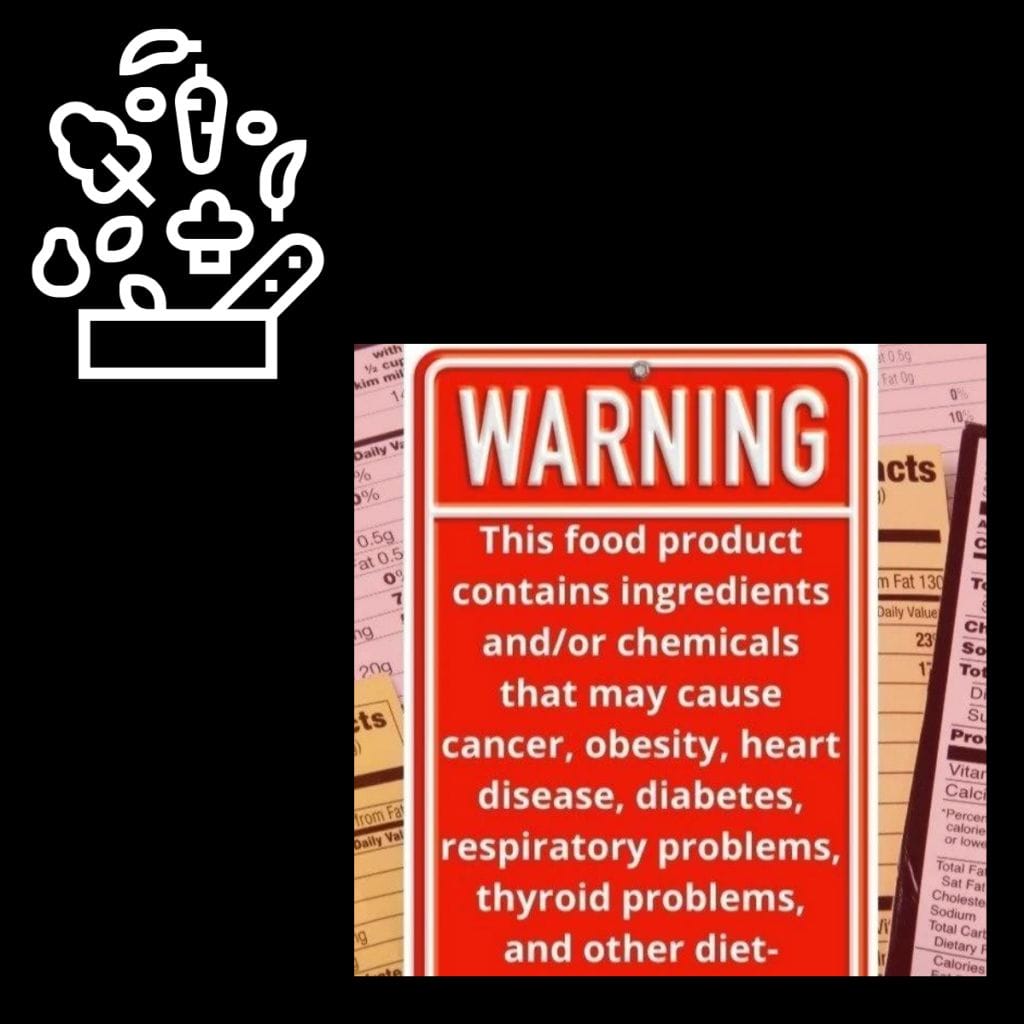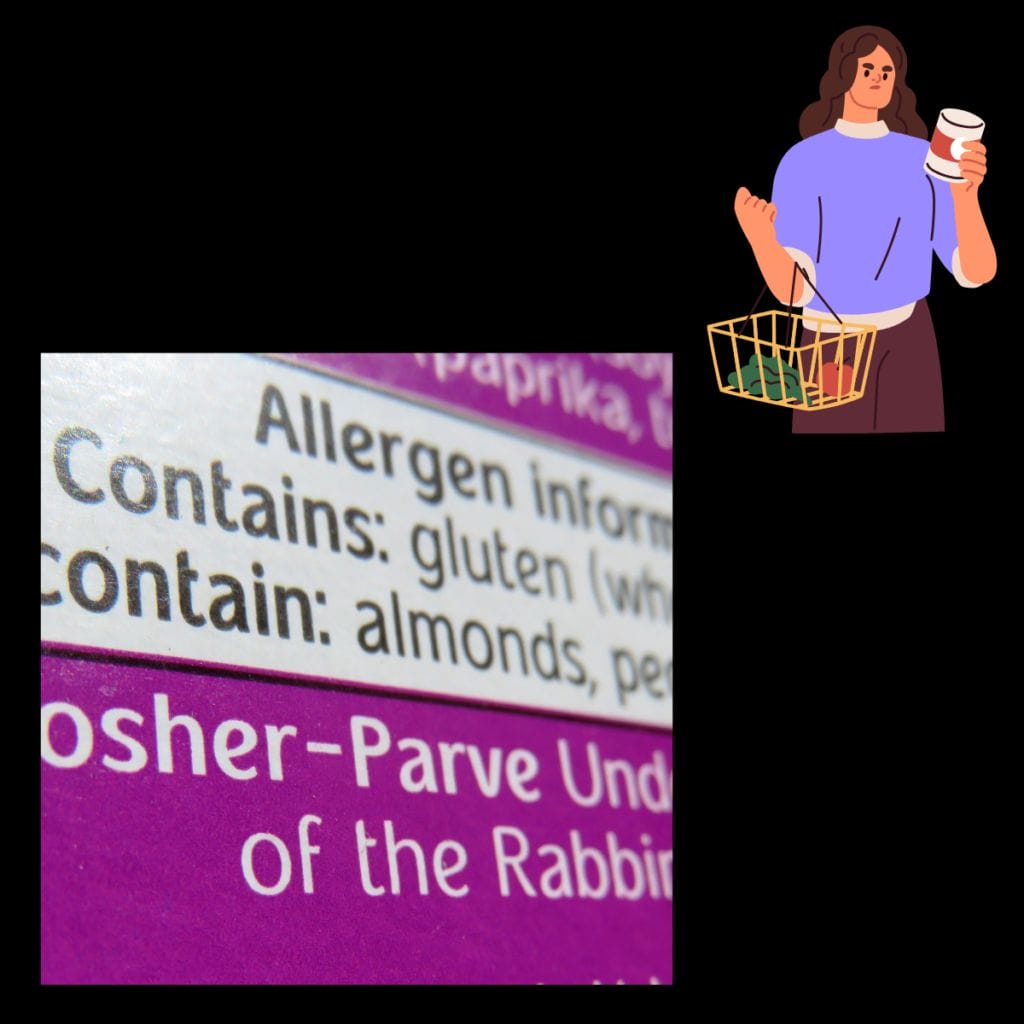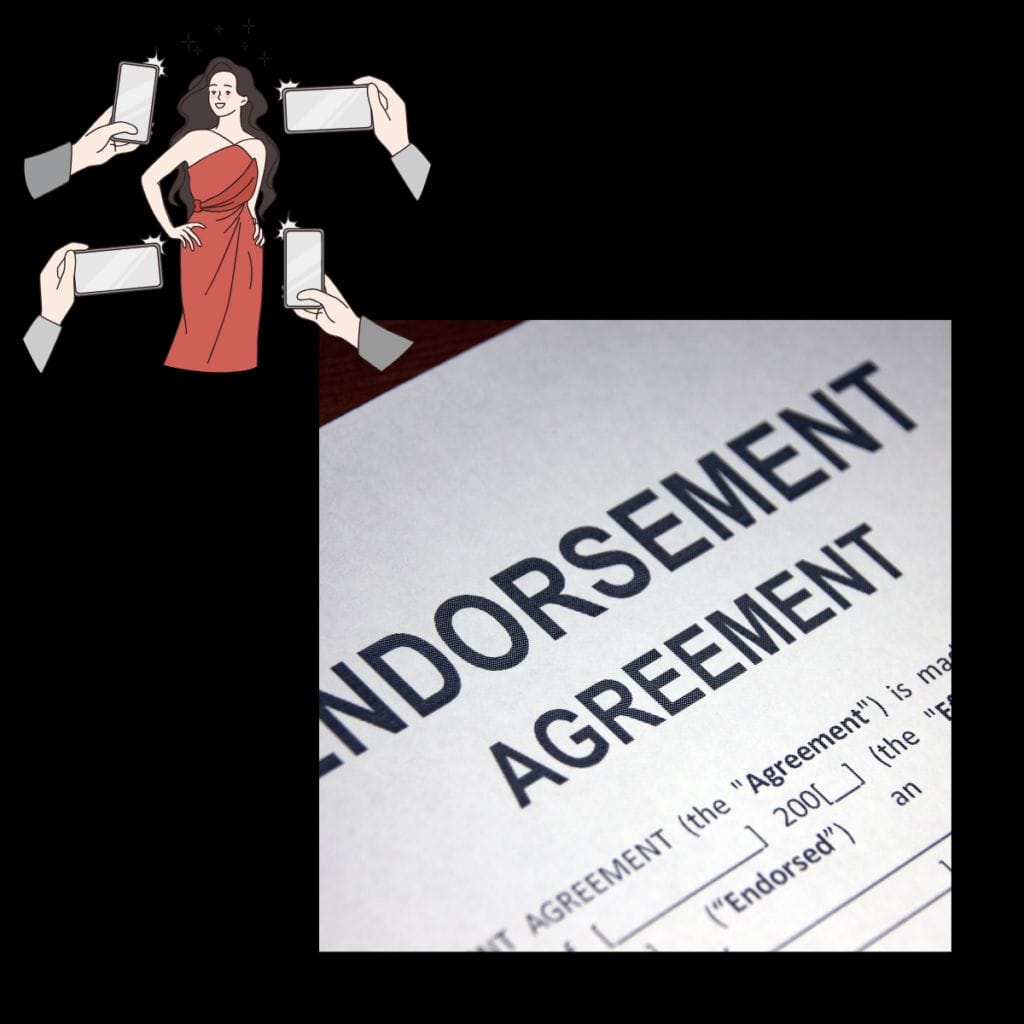
A SKU founder recently reached out in distress. She received a demand letter saying her product falsely advertised as being “healthy.” The claimant’s attorney said he was making the claim on behalf of a customer who purchased the product. The letter said the founder had 30 days to respond, or a lawsuit would be filed. She feared the lawsuit could be costly to defend and might jeopardize fundraising conversations.
Last week, a similar lawsuit was filed against the manufacturers of Poppi soda over claims that its drinks do not contain enough prebiotic fiber to “cause meaningful gut health benefits for the consumer from just one can.”VNGR Beverage LLC, the Texas-based corporation that manufactures, markets and sells Poppi sodas, is named in the class action lawsuit.
Unfortunately, such legal claims and lawsuits pursuing them are becoming commonplace for CPG startups. In addition to claims of false advertising and misbranding, emerging brands are being hit by a range of claims – from non-compliant eCommerce practices to the use of a celebrity endorsement without permission. It has become a cottage industry for class-action lawyers.
Besides racking up huge legal fees and incurring the expense of making the changes needed to comply with various regulations, these claims can potentially harm the reputation of a brand and threaten investor confidence, not to mention the emotional toll of dealing with a legal battle and the distraction from a brand’s core business.
We spoke with attorney and SKU mentor, Hillary Hughes, chair of the Business Group and Food & Beverage practice at Foster Garvey, about the most common claims and the best ways for startups to protect their brand against them. She addressed the four leading legal claims affecting startups today: violations of the Americans with Disabilities Act (ADA), violations of California’s Proposition 65, false advertising/misbranding and violation of a celebrity’s right of publicity.
“All are relatively preventable,” says Hughes. “It’s about becoming educated on the risks and taking steps in advance to prevent them from materializing.”
ADA CompliancE

ADA compliance lawsuits against brands that utilize their websites as eCommerce platforms involve allegations that a website does not meet the accessibility standards set by the ADA. The ADA requires that places of public accommodation, which some courts have held include websites, be accessible to individuals with disabilities. Accessibility barriers include:
- Visual Impairments: Websites must be navigable by screen readers used by visually impaired individuals. This includes providing text alternatives for images, ensuring proper HTML structure, and maintaining contrast ratios.
- Hearing Impairments: Multimedia content such as videos should have captions or transcripts available.
- Mobility Impairments: Websites should be navigable via keyboard for individuals who cannot use a mouse.
- Cognitive Impairments: Websites should have simple, clear navigation and content to accommodate users with cognitive disabilities.
“This is the equivalent of requiring a grocery store to provide a ramp and/or automatic doors,” says Hughes. “That’s the argument.”
The trend of filing ADA non-compliance lawsuits against brands that utilize eCommerce features on their websites has accelerated over the past five years, with thousands of lawsuits being filed each year and the number of lawsuits on the rise. Certain courts have generally supported the view that websites should be accessible under the ADA, reinforcing the importance of compliance, but enforcement has been inconsistent across jurisdictions. Often, plaintiff attorneys may place ads or conduct online marketing or searches aimed at identifying potential claimants that typically say thinks like, “Do you have a visual or hearing impairment and try to access a brand’s website to purchase a product and you couldn’t see or hear it?” and then the plaintiff’s attorney will bring the claim on behalf of people the marketing identified.
Hughes says brands who focus on selling direct to consumer are the biggest targets. But that doesn’t mean you’re insulated if that isn’t your primary sales channel.
“Making sure your website is compliant in the first place is the best defense against a lawsuit.“
While these cases usually settle, they often start with a lawsuit rather than a threatening letter. So, in addition to the cost of the settlement – typically – there are legal fees required when a lawsuit is filed. Add to that the cost of hiring an ADA consultant to review the website and the cost of making the fixes necessary to become ADA compliant. Sometimes those costs together can be upwards of $25K. Insurance policies typically don’t cover those costs, because of exclusions in policies that are typically based on these types of lawsuits being preventable.
That’s a material expense out of a brand’s pocket that takes away from other things it could be spending the money on – marketing, key hires, etc. “Spend a fraction of what that costs on making sure your website is compliant in the first base and avoid a lawsuit altogether,” Hughes says.
Some ADA website consultants that Hughes recommends are: Quality Logic, BarrierBreak, SiteImprove and Deque.
Proposition 65

Proposition 65, a.k.a. “Prop 65” and officially known as the Safe Drinking Water and Toxic Enforcement Act of 1986, is a California law aimed at protecting the state’s drinking water sources from chemicals known to cause cancer, birth defects, or other reproductive harm. It also requires businesses to inform Californians about exposures to such chemicals.
The law requires California to publish a list of chemicals known to cause cancer, birth defects, or other reproductive harm. This list is updated at least once a year and includes a wide range of naturally occurring and synthetic chemicals. Once a chemical is listed, businesses have 20 months to comply with the discharge prohibition. “It’s a very long list,” says Hughes.
Some of the most common culprits for natural product brands are lead, arsenic and cadmium – which can be naturally occurring or present in the soil in which ingredients are grown. There is no distinction between what is naturally occurring and what is added. Products with cocoa in particular may contain trace amounts of various naturally occurring chemicals, including heavy metals such as arsenic.
Prop 65 says that businesses must provide “clear and reasonable warning” before knowingly and intentionally exposing individuals to any listed chemicals, including on product labels and marketing materials. This is a sometimes referred to as “stickering” a product or label.
There are entire law firms and organizations devoted to enforcing Prop 65, including the Environmental Research Center (ERC). When there is a question about the safety of a product and the ERC decides to investigate, the organization often orders the product in question and submits it to a third-party laboratory for testing.
The ERC website provides, “If the company has not responded or communicated their intentions, we take steps to legally support the public’s right to know what they are buying and consuming. We advocate for a company’s transparency of information regarding our allegation about a product’s contamination. We want to make sure YOU, the consumer, know about the alleged violation.”
A list of brands facing alleged violations on ERC’s website is a who’s who of emerging brands. ERCalso appears to publicly shame brands on social media.
“Who wants their product to be considered unsafe?” asks Hughes. “It’s mortifying to many brands in the natural product space – the idea that they have to put something on their label that says it’s unsafe. The natural products industry takes the position that its products are cleaner, safer and healthier.”
When it comes to Prop 65, plaintiff’s lawyers typically start with a letter saying they tested a brand’s product and it fell outside the acceptable level of toxins or chemicals. They may demand that you pay a settlement and agree to sticker the product and/or reformulate it, which can be very costly.
“Who wants their product to be considered unsafe?”
Hughes says there are some steps brands can take to protect themselves from Prop 65 claims:
1. Regularly test your products to make sure they comply with Prop 65. If it doesn’t, you may want to reformulate it to prevent exposure to these types of claims.
2. Get agreements or at least a supplier guarantee with every supplier you deal with and warranties from your co-manufacturers that provides that the ingredients they source or supply are safe and comply with Prop 65. It will give you recourse if you later get hit with a claim. This is especially important if you are changing your formulation, supplier or co-manufacturer to make sure you know what’s in your product.
3. Make sure you have the right liability insurance. Liability insurance can help businesses cover the costs associated with defending against Prop 65 claims, including legal fees and costs, settlements, and damages. Liability insurance may also provide coverage for any necessary changes or modifications to products or operations to bring your product into compliance. Make sure your suppliers and co-manufacturers maintain liability insurance as well that will cover these types of claims.
“These steps give you confidence that you have done your own diligence and taken steps to mitigate these risks,” says Hughes. “If something goes wrong and you get hit with a Prop 65 claim, you can bring a claim against a supplier or co-manufacturer or your own insurance if you have to, so that you have some recourse.”
Misbranding, Mislabeling and False Advertising

Misbranding, mislabeling and false advertising claims are often brought against brands who market their products as “natural” or “healthy,” but they can also be based on unsupported claims such as structure/function claims like “lowers cholesterol.” With these claims, individuals or consumer advocacy groups may file lawsuits alleging that the product includes artificial ingredients, preservatives, sugar and other chemicals that they say are contrary to these claims and that they were misled to purchase the product by this labeling.
“In the absence of clear legal standards, these claims tend to be more subjective,” says Hughes.
The plaintiffs in these types of claims typically seek various remedies, including monetary damages, injunctive relief (to stop the alleged deceptive practices), and attorney’s fees and costs.
“One of the first tasks when being hit with these types of claims is to assess how far the plaintiff’s attorney will pursue the claim,” says Hughes. “Sometimes they appear to be sending out many letters just to see who responds. Other times, they intend to pursue a claim all the way to trial if not settled.”
“Consider the risks before putting “Natural” or “Healthy” on your packaging.“
These claims may be of particular concern if a brand is in the process of raising capital. You must disclose any legal letters and potential to prospective investors, because it could be perceived as a risk and affect their decision whether to invest. So, it often makes sense to try to settle the claim.
When Hughes’ firm works with a client on a claim like this, their attorneys try to require settlements to be kept confidential and try to secure an agreement from the plaintiff’s attorney not to bring future claims against the client. Insurance policies often do not cover misbranding, mislabeling or false advertising claims and contain exclusions based on the theory that these types of issues are within the brand’s control to avoid.
In terms of avoiding these types of lawsuits, Hughes says, “If you are considering using claims or standards such as ‘natural’ or ‘healthy’ on your packaging, consider the risk of doing so and make sure you have empirical data to support them. Avoid claims and standards that don’t have clear definitions. You’re asking for a lawsuit if you use unsupported claims or ones that don’t have objective criteria or supporting data.”
Right of Publicity

A “right of publicity” is the right that all individuals, entities and brands have to control and profit from the commercial use of their name, image, likeness, or other aspects of their identity. Right of publicity claims are commonly asserted by celebrities, athletes, entertainers, and other public figures whose identities have commercial value. However, the right of publicity is also held by individuals even without celebrity status whose identities may be exploited for commercial purposes without their consent.
“A common example when a celebrity is seen holding a branded product and a photo or video is taken and the brand starts posting or otherwise promoting it,” says Hughes. “You can’t do it, even if an A-list celebrity were to post himself or herself say, ‘This is my favorite granola bar.’ It’s not a paid endorsement and does not give a brand the ability to use that in its own marketing.”
Hughes says you can certainly like the post and thank them and potentially even send them free product. “But do not make it the cornerstone of your next marketing campaign. Celebrities get paid a ton of money to promote a brand or product. They have the right to determine who has the right to use their name and/or image to promote it. Just because they mentioned it in a public statement, photo or video, you cannot use it without their consent,” she added.
“Just because it’s a public statement, photo or video, you cannot use it without their consent.“
In some cases celebrities may have a contractual arrangement with a competing brand that prevents them promoting other brand and you could interfere with that relationship.
In some cases, celebrities may have a contractual arrangement with a competing brand that requires exclusivity that prevents them promoting other brands, and you could interfere with that relationship.
Hughes has a lot of experience with these claims and has represented both brands and celebrities. She says, “These types of claims are easily avoidable once you know what you can and cannot do. The challenge is that many founders don’t know or are mistaken,” she says. “They get so excited about celebrity validation and just run with it.”
If you would like to work with a celebrity, reach out to the talent agency that represents them and offer to discuss potential relationships. You may have to pay money or issue equity, but it may be highly effective to have a relationship with that celebrity.
If you know they’re already using your products, “It could even be more authentic when they do promote a product,” says Hughes.
Hughes says she recently represented a celebrity against a brand that posted an image that zoomed in on a product in the celebrity’s hand. In that case, the brand violated both the right of publicity of the celebrity and the copyright in the original photo held by the photographer. “That is another separate violation that most brands don’t even think about.”
“The brand used the photo on its website and social media and said the celeb ‘loves our product’” she says. “We sent them a cease-and-desist letter. That resolved the matter.”
But sometimes a celebrity won’t stop at a cease and desist letter and removal of the material. Sometimes the celebrity will expect payment for using their named and/or image. In that instance, they may want to determine how many sales the brand got in response to the use of their name and/or image. It can mean a lot of document production and data gathering – an overwhelming task for most startups – and payment of a material sum.

